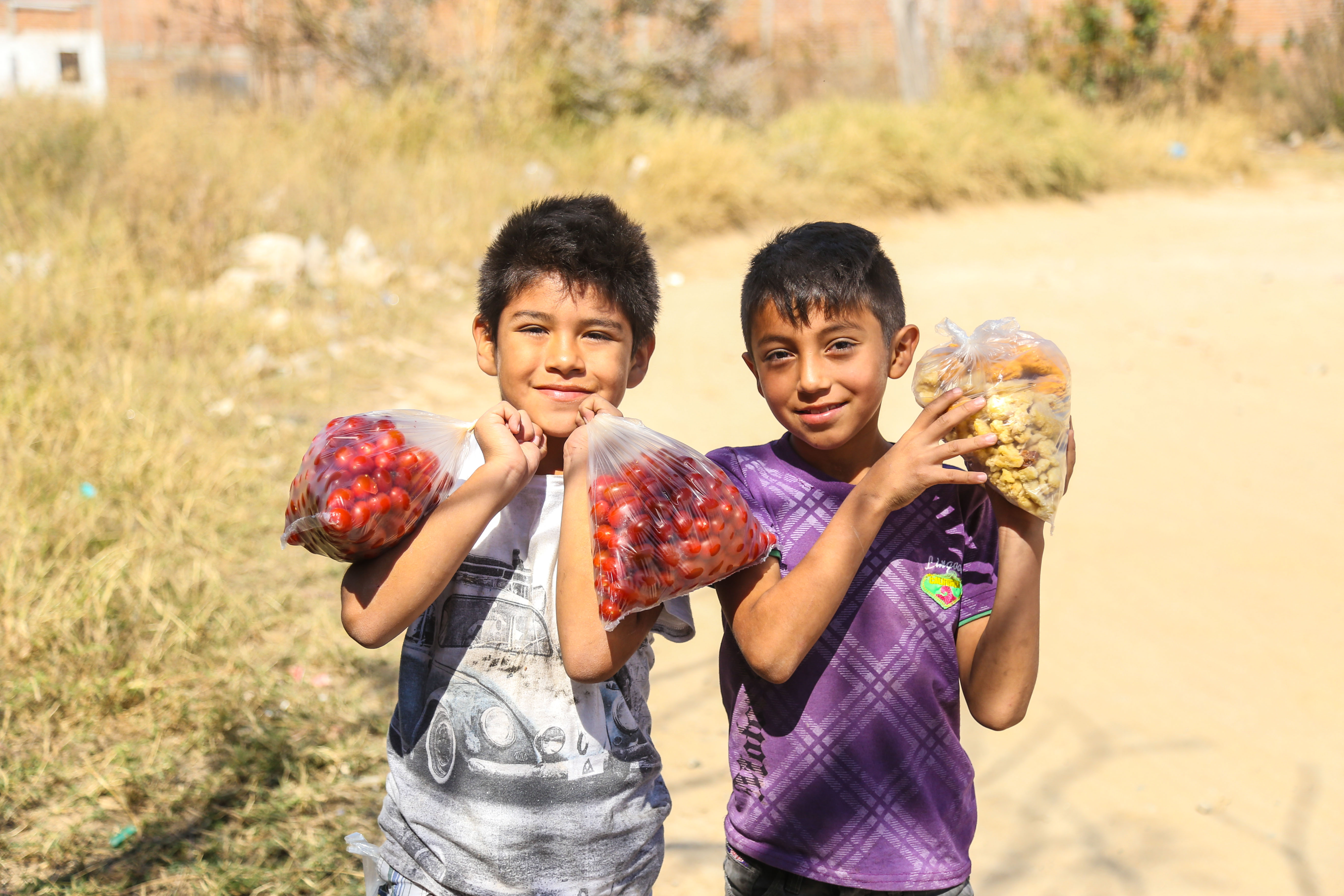China Biogas Electricity

The project activity is located in Ganzhou City, Jiangxi Province. There are ten subsidiary farms involved in the project, including 8 fattening farms: Guanxi, Jiading, Datang, Baishu, Zhongshi, Babaodong, Tangcun, Taojiang and 2 Breeding farms: Tianxiang, Fuwang.


Gold Standard is a globally recognised certification body for high-quality climate and sustainable development projects. Established in 2003 by WWF and other NGOs, it ensures that projects not only reduce carbon emissions but also contribute to the United Nations Sustainable Development Goals (SDGs). Projects certified by Gold Standard must demonstrate genuine and measurable impacts on both the environment and local communities.
The Ganzhou Swine Farm Animal Manure Management System GHG Mitigation Project introduces a new animal waste management system (AWMS) to 10 existing swine farms in Ganzhou City, Jiangxi Province. The project's purpose is to treat the manure and wastewater from these farms to avoid methane emissions generated by the current uncovered anaerobic lagoons.
This initiative replaces the existing open anaerobic lagoons with new AWMSs, with each subsidiary swine farm installing one AWMS. Manure and waste will be collected into anaerobic digesters, capturing the biogas generated during the anaerobic treatment process. The biogas will then be used for power production. Each swine farm will have its own generator, contributing to a total installed capacity of 12.55 MW. All the electricity generated will be utilised by the AWMSs and the swine farms, with any residual biogas being flared. The fermented sludge from the anaerobic digestion will be treated in an aerobic composting system and used as fertiliser. Wastewater from the anaerobic digesters will be treated aerobically and used for agricultural irrigation.
Benefiting from the "waste-biogas-fertiliser" model, the project achieves harmless and ecological utilisation of swine manure.
The project will reduce GHG emissions by avoiding methane emissions from the anaerobic treatment of swine manure and wastewater. It will produce 498,011 tCO2e emission reductions annually, with total reductions of 2,490,055 tCO2e in the first crediting period. The project also contributes to local sustainable development in the following ways:
- Capturing methane will significantly reduce odour nuisance in the vicinity of the facility.
- Providing 20 job opportunities for local residents.
- Supplying the effluent and fermented sludge as ecological organic fertilisers to local farmers for free, which can be used to yield organic products and improve farmers' living conditions.
- Using biogas for power generation, which contributes to the mitigation of global climate change.
Details
More Projects we've supported

Reforesting Mangroves in Kenya

Mexican Foodbanking Network

Healthy Homes for All in Mexico
Support a Poject
We help you from A-Z through the process.
From procurement to retirement


